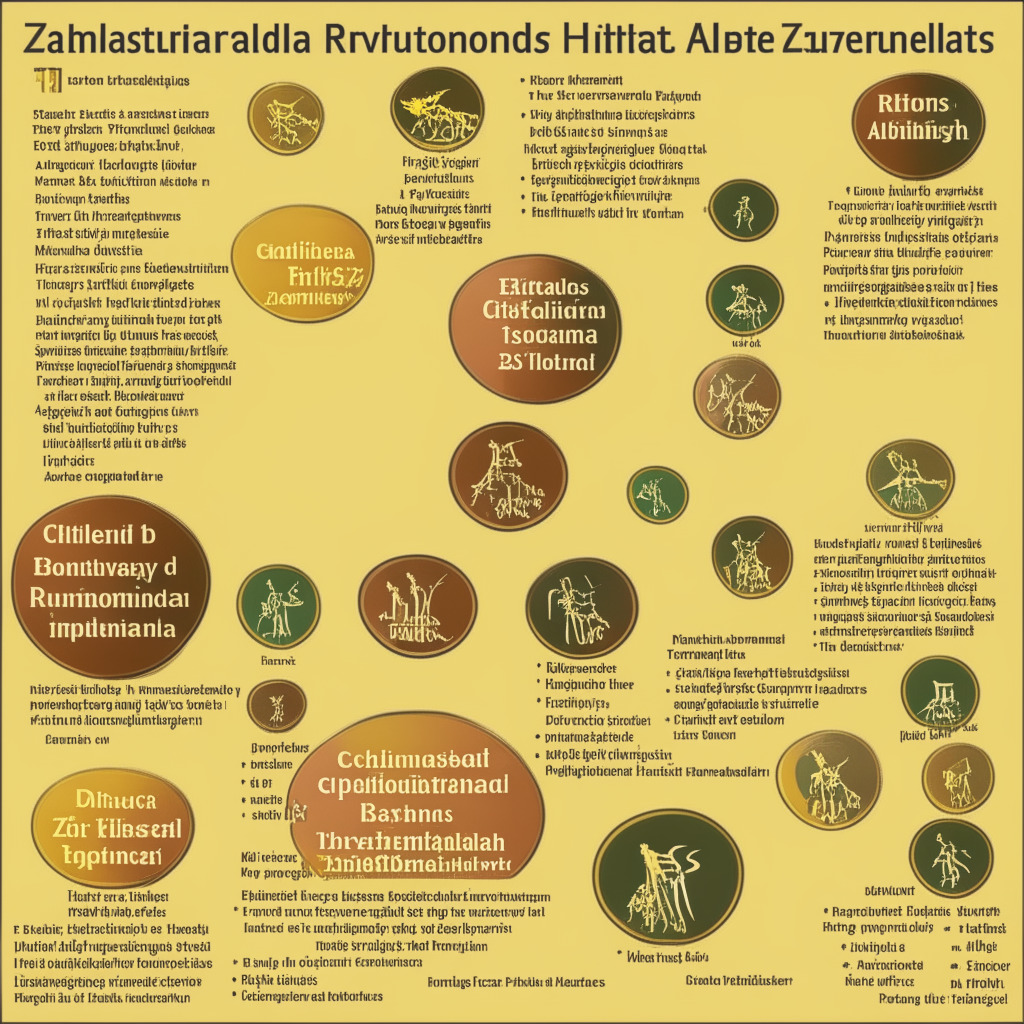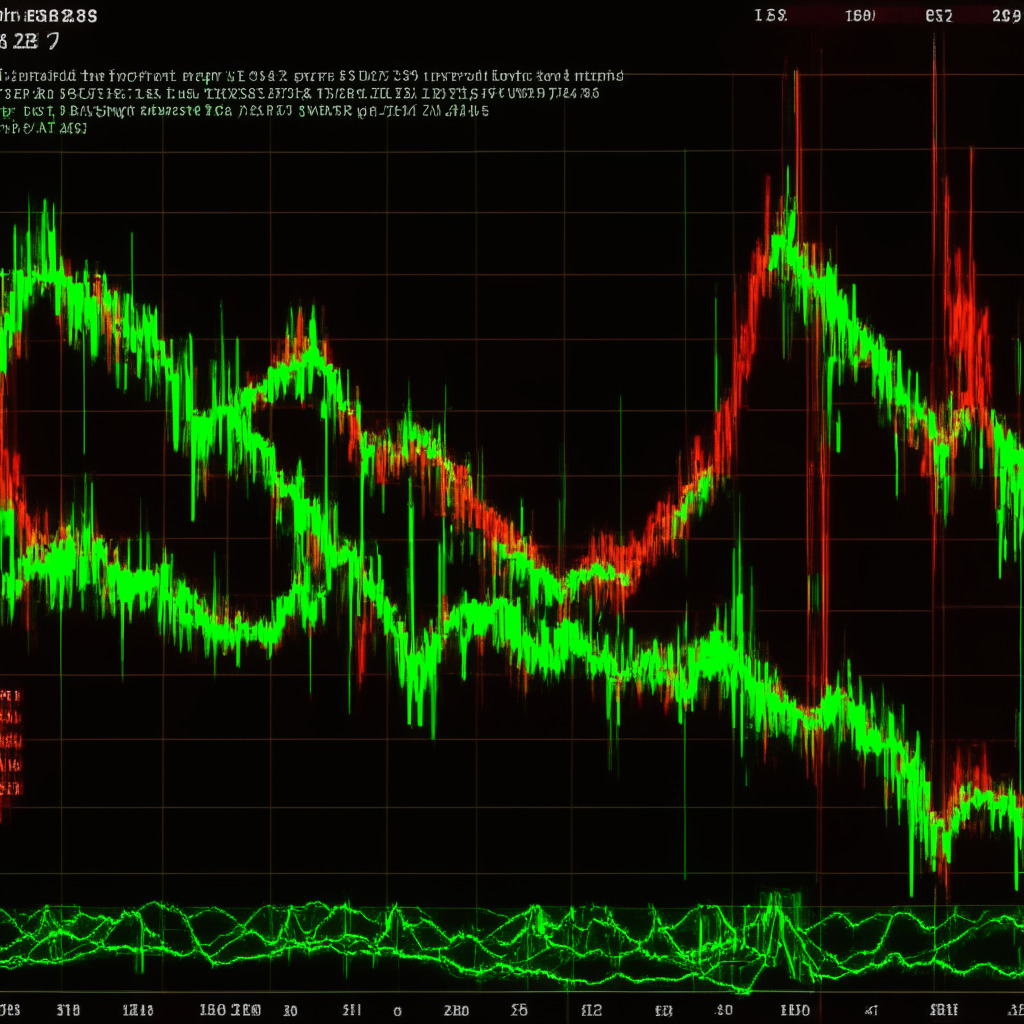In an attempt to stabilize the country’s local currency, the Reserve Bank of Zimbabwe issued gold-backed digital tokens on May 8. These electronic monetary forms are supported by Zimbabwe’s gold reserves and aim to serve as an alternative to the Zimbabwean dollar, which underwent a dramatic collapse in 2008. However, two economists recently voiced their skepticism about the efficacy of these tokens in achieving the desired stability.
Zimbabwe has a long history of grappling with hyperinflation, which reached a staggering 79,600,000,000% per month at one point. As part of the measures taken to counter this situation, the government introduced a new Zimbabwean dollar (ZWL) in 2009, a currency that experienced further depreciation and inflation in the years to come. The officials at the central bank hoped that the gold-backed digital currency would replace the need for foreign currency and alleviate the demand for highly sought-after store-of-value options.
However, experts argue that the introduction of a digital token alone cannot tackle the root cause of the problem, which is high money supply growth. Zimbabwe’s central bank has attempted to address this issue by implementing a restrictive monetary policy, which includes raising interest rates and increasing banks’ reserve requirements. Yet, these efforts have not been enough to curb the rapid expansion of the country’s money supply, as public spending continues to rise.
Some short-term benefits of a gold-backed digital token may include offering investors a chance to diversify their portfolios and acting as a store of value. Unfortunately, the sluggish uptake of the token thus far suggests that it may not be the ultimate solution to the country’s hyperinflation problem. In fact, the demand for the token has sharply decreased since its initial release.
To truly stabilize Zimbabwe’s local currency, sound macroeconomic policies must be put in place, according to the experts. Currently, the central bank’s policy measures are restrictive, while its fiscal policy remains expansionary. As a result, Zimbabwe’s money supply growth remains uncontrollable, despite the central bank’s efforts.
Economists such as Paul and Chitambara have suggested that Zimbabwe should focus on controlling its money supply growth instead of looking for alternative solutions such as the gold-backed digital token. The International Monetary Fund has also expressed uncertainty about the effectiveness of this initiative, calling for more information about its design, implementation, and operation.
As a simpler solution to the country’s currency issues, Chitambara recommends adopting a straightforward approach: “Don’t spend what you don’t have.”
Source: Coindesk




